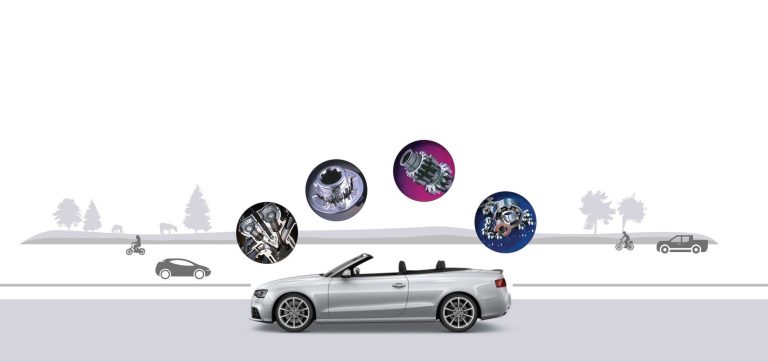[article_title] is a topic that has gained increasing attention in recent years due to its impact on individuals, communities, and the environment. This term refers to the practice of reducing waste and reusing materials to extend their lifespan, rather than disposing of them in landfills or incinerators. It is a concept that promotes the conservation of natural resources, energy, and water and preventing pollution.
One of the key benefits of [article_title] is its positive impact on the environment. The production and disposal of products generate significant amounts of waste and contribute to pollution from greenhouse gas emissions, water pollution, and soil contamination. Implementing [article_title] practices can reduce waste, conserve resources, and reduce pollution, which lead to a cleaner, healthier environment.
Another advantage of [article_title] is its economic benefits. By reducing waste and reusing materials, individuals, organizations, and businesses can save money on waste disposal, energy consumption, and water usage. It also creates job opportunities in industries such as composting, recycling, and waste reduction.
[Article_title] also promotes social responsibility by encouraging individuals and organizations to take responsibility for their environmental impact. By being mindful of their consumption and reducing waste, people can become active participants in creating a sustainable future for generations to come.
There are several ways individuals and organizations can practice [article_title]. The first step is to reduce waste by consuming less, reusing and repairing items instead of disposing of them, and choosing products made from sustainable materials. Recycling is also an important part of [article_title] as it keeps valuable resources out of landfills and reduces the need for virgin materials.
Composting is another crucial aspect of [article_title]. It involves decomposing organic waste into a nutrient-rich soil amendment that can be used in gardening and agriculture. Composting reduces greenhouse gas emissions and diverts waste from landfills, which helps to conserve resources and reduce pollution.
In conclusion, [article_title] is a concept that promotes sustainable practices that can benefit both the environment and society. By reducing waste, conserving resources, and preventing pollution, individuals and organizations can take an active role in creating a sustainable future. Implementing [article_title] practices is a simple yet impactful way to make a positive difference in the world.






















+ There are no comments
Add yours